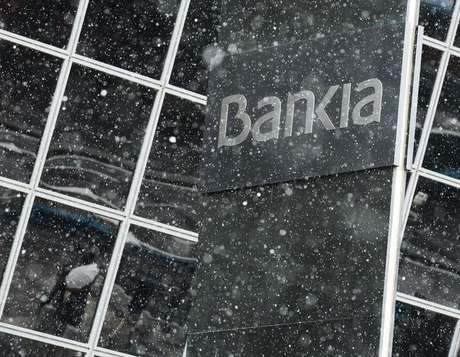Brussels softens fiscal discipline with Paris and Rome, but requires … – Investing.com Spain María Tejero Martin
Brussels, February 25 (EFE) .- The European Commission (EC) has softened today its fiscal discipline with France and Italy, with the concession of a higher margin on both countries to to reduce its deficit and public debt, respectively, under the requirement to implement more reforms.
The EC has given a further extension of two years, until 2017, to France to reduce its budget deviation below 3% of GDP required by European standards, a gesture that Paris had repeatedly requested in recent months given the weakness of the French economy.
Brussels, which should have ruled on this issue last November, but then chose to wait until at least March to decide how to proceed on this sensitive issue, has thus chosen to give air to the second largest economy in the eurozone to apply settings at a more leisurely pace.
Without Yet at the same time the Commission wanted to maintain a strong message to Paris to consider a further step in the proceedings against macroeconomic imbalances, which considers “excessive”.
Accordingly, it requires the country to commit to redouble their efforts in terms of reforms and fiscal policies, so start and implement measures in the next three months to contain the diversion, failing to take another step further and start the process that can be completed in the imposition of millions in fines.
“France is the most complicated case we have discussed today. Clearly you have to accelerate their efforts both in terms of structural reforms and fiscal, “said the vice president of the EC for the Euro and Valdis Dombrovskis, Social Dialogue in announcing the decisions taken today by surprise and should now receiving the approval of the Member States.
The European Commissioner for Economic and Financial Affairs, Pierre Moscovici, said that despite the measures taken by Paris “going in the right direction” are not enough and ” particularly the situation has not improved, “so that the Commission requires that” fully complies “with a reduction in the structural deficit of 0.5% of GDP this year.
Three months after the Veintiocho give their approval to the extension and the proposed measures, the Commission will consider whether France has already made an adjustment of 0.2% of GDP, which is committed by letter French Finance Minister Michel Sapin.
If France “meets, no more steps will be (in the excessive deficit procedure), but if not met, there is a possibility for progress in the process,” said Dombrovskis.
The Commission also asks Paris decisive action to reduce macroeconomic imbalances, now “excessive”, and if that does not meet the expectations of Brussels, might decide in May to advance the European process and initiate proceedings to the country.
“France will be under additional monitoring could say,” said EC President, Jean-Claude Juncker, from the full European Parliament, while warning that Brussels “will continue very intensively budget adjustments that Paris should apply “.
With regard to Italy, the Commission has decided not to open an excessive deficit procedure in the country, although not comply with the goal he scored Brussels to reduce its public debt A decision has also been taken in the case of Belgium, which is in a similar situation.
“A strict application of the criterion of debt have led to a correction of two basic points which would been too difficult for a country that has gone through four consecutive years of recession, “Moscovici said.
The commissioner noted that the Commission considers sufficient measures the country plans to take to reduce their diversion, so will not return to reconsider its position in May, as in the French case.
The EC also stressed that the Italian economy has “excessive macroeconomic imbalances that need to take decisive policy actions and targeted surveillance,” while the Belgian, has “imbalances”.
In the case of Belgium, the Commission insisted that these imbalances require “measures and monitoring”, especially because of the problems the country has in external competitiveness, which would represent an increased risk for macroeconomic stability.
The decisions made today on France, Italy and Belgium were expected, in principle, to November, but the Commission decided to delay them until March for economic reasons and political considers justified, then Moscovici said.
The EU executive announced today by surprise conclude its review of the macroeconomic situation in 16 countries and has concluded that five of them have “excessive” imbalances.
In this situation are, apart from France and Italy, Croatia, Bulgaria and Portugal, which require “decisive action and supervision” by each one of them.
.



